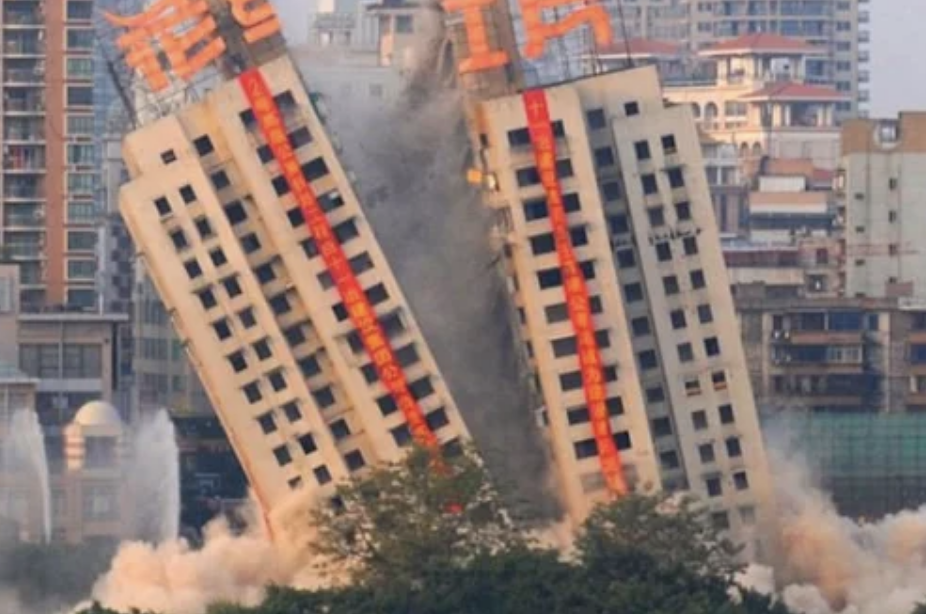China’s real estate crisis can be explained in several ways. First of all, cash-flow problems plagued many developers. As a result, banks in the country lowered interest rates to make mortgage payments more affordable. Second, the government has not abandoned developers. Third, the Evergrande case was only a symptom of a larger problem.
Chinese developers are facing cash-flow problems
Several Chinese developers are facing cash-flow problems due to rising debt levels and falling property prices. The latest developer to experience trouble is Evergrande. The Chinese developer is having difficulty covering short-term debts, despite selling equity shares. As a result, local governments have bought $4.6 billion of its equity, but it may not be enough to resolve the deeper issues underlying the developer’s ballooning debt.
The problem has spread to dozens of cities, with wildcat boycotts affecting more than 300 housing projects. Some homebuyers have even halted mortgage payments to protest construction delays. Banks already have a difficult time meeting repayments due to developer defaults, and unfinished collateral could make their loans even more difficult to service. A full-blown crisis could leave millions of homebuyers stranded.
The problem is so severe that the People’s Bank of China has cut interest rates for Chinese developers. The bank hopes the lower rates will ease the burden on homebuyers and help developers obtain loans. However, the problem is not limited to funding and developers need to find ways to raise cash so that they can continue building.
Chinese banks have lowered interest rates to make mortgage payments more affordable
China’s central bank has compiled data from banks and lowered the key interest rate by 10 basis points in a bid to boost the economy. In the meantime, the government is also working to rein in the soaring price of real estate. With property prices continuing to rise, the government is under pressure to curb prices and maintain social stability. This has caused many banks to tighten their lending standards. The PBOC also announced that it would cut the amount of reserves that lenders must set aside. Whether these measures will curb prices in the near future remains to be seen.
The move is aimed at helping some home buyers afford mortgage payments. However, it will not stabilize the housing market, and will only drive the mortgage rates lower. This move could actually make property prices worse as households are hesitant to buy property for fear the projects will not be completed on time and prices will fall in the future. Furthermore, it could cost up to 6% of China’s GDP to shore up the balance sheets of property developers.
Chinese government isn’t abandoning developers
Although many developers are facing financial crisis, the Chinese government has proven to be more willing to bail out these companies than in the past. The three-red-line policy restricts developers from taking additional loans, which has cut into their cash. These new regulations also have made access to foreign markets much more difficult for developers.
The Chinese government is trying to contain the current crisis while at the same time keeping the property market on track. The government initially wanted to reduce debt in the property sector, but the current crisis has forced it to step in. Developers have also been facing difficulties in buying land. A slowdown in the construction sector is likely to worsen the problem.
The property boom in China has been a major driver of the country’s economy, accounting for nearly one-quarter of the country’s GDP. However, the Chinese government is now trying to rein in the real estate industry due to its stringent “zero-covid” policy. This has forced developers to sell off parts of their empire. At the same time, China’s real estate market is cooling off, with less demand for new apartments.
Evergrande case is a symptom of a bigger problem
The Evergrande case in China has put global investors on edge. The second largest property developer in China is deeply indebted. Its failure to meet its debt obligations could spark a credit crunch and threaten to undermine the confidence of investors in Chinese investments. The company’s failure could also affect the Chinese economy in general, affecting markets across the globe.
The company’s problems are closely linked to a structural problem that is affecting the real estate industry in China. The real estate sector is undergoing a slowdown and overinvestment. This could cause Evergrande to incur higher liabilities during its restructuring process.
While the Chinese government is concerned, the case is unlikely to spark a systemic financial crisis. Evergrande is not a bank, and it is unlikely that it will be rescued by the Chinese government. But the Chinese government is trying to help. It has told its major lenders to extend the interest payments on Evergrande’s loans. However, some analysts believe a direct government bailout is unlikely.

